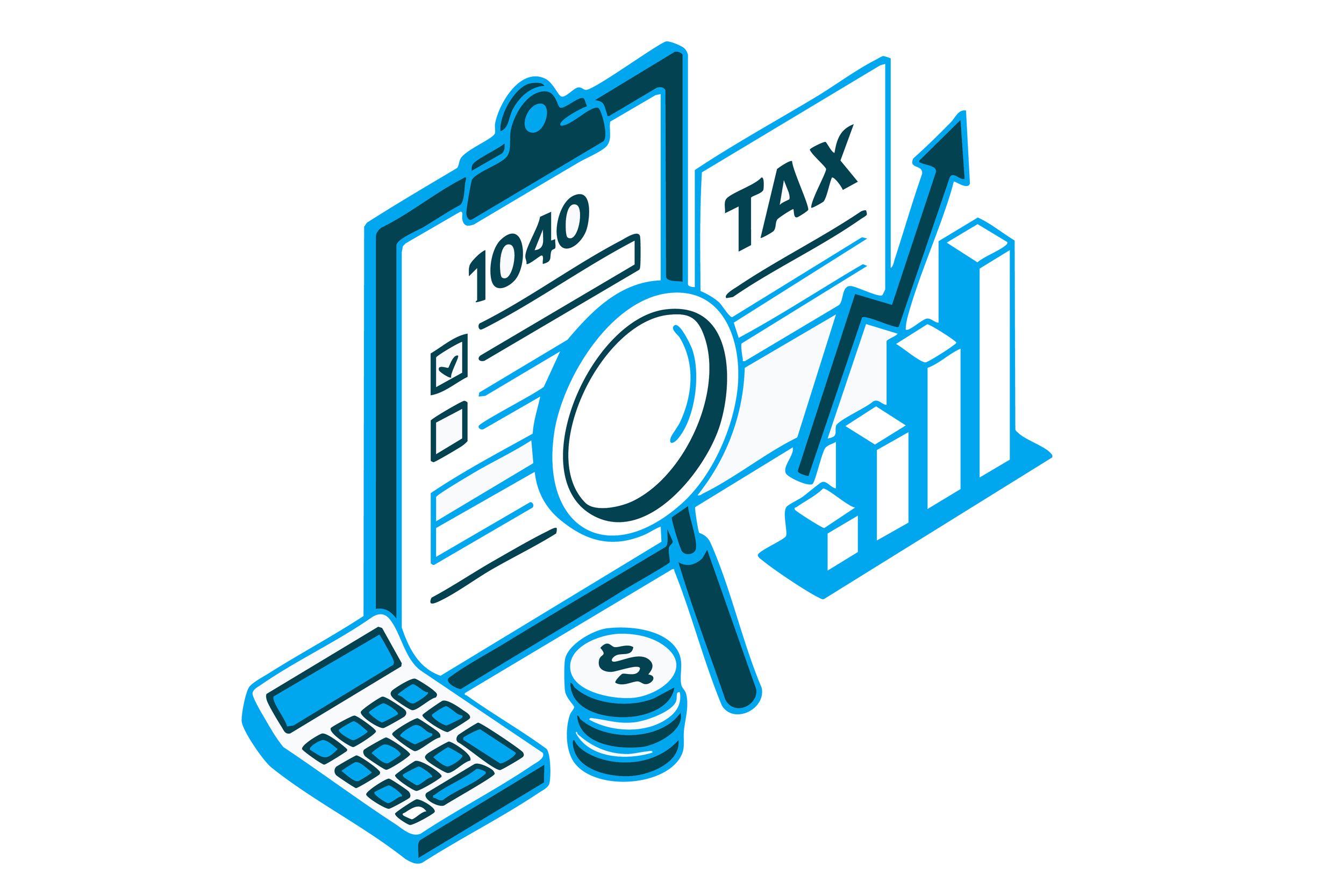Part II: The Mix That Matters
When it comes to long-term investing, success doesn’t come from picking the perfect stock — it comes from choosing the right mix. Asset allocation is the single most important driver of portfolio behavior, helping you stay balanced, aligned, and positioned to grow through every stage of life. This post breaks down why the mix matters and how we build it around you.
Part I: Start With Why
Not all goals are created equal. Some need cash in three months. Others are years away. That’s why a one-size-fits-all investment strategy doesn’t work.
In this piece, we explore how your goals, timeline, and comfort with risk should drive your investment strategy, not the latest market headlines. You’ll learn why clarity matters more than predictions, how to avoid emotional decisions, and what it means to “plant the right seeds” in your financial garden.
A successful investment strategy isn’t about avoiding risk—it’s about purposefully managing it.
Whether you’re saving for a home, planning for college, or building long-term wealth, this is where smart investing starts: with you.
Money Motives: It’s Never Just About Money
Money isn’t just about the numbers. It’s about what those numbers stand for — safety, freedom, and the deep need to know we’re okay. At OLIO, we believe real financial planning starts with understanding what’s driving you. This isn’t just about budgets or benchmarks. It’s about aligning your money with your life — not to prove your worth, but to build something that feels true.
Tariffs, Volatility, and Your Portfolio
New tariffs on major global economies are fueling market volatility—but your investment plan was built for times like this. Learn why staying diversified, disciplined, and calm remains the best strategy, even when the headlines feel unsettling.








